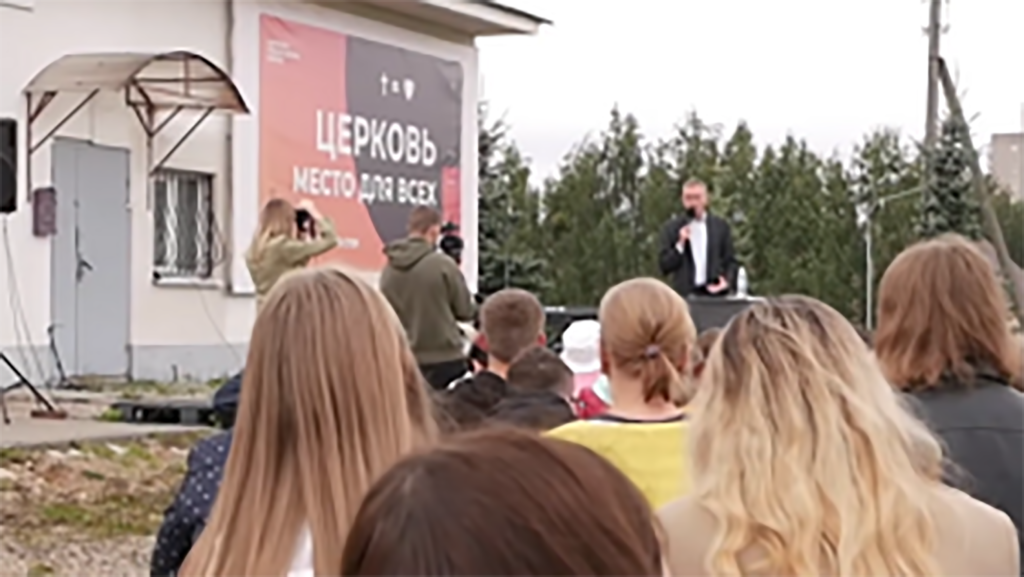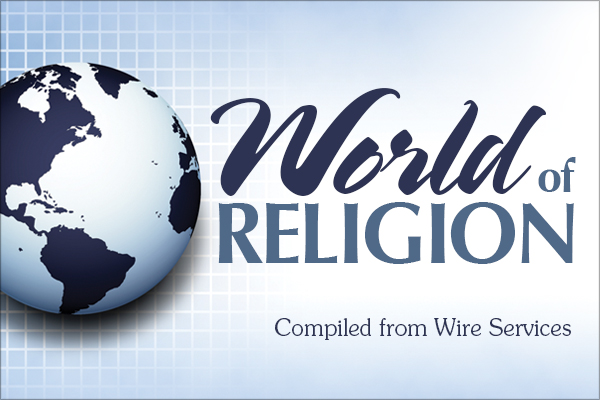The International Mission Board (IMB) has a ministry team assigned to each of the three regions it designates in the Indiana-sized country of Hungary. The regions are Western Hungary, Budapest and Eastern Hungary.
The team from Eastern Hungary is studying in language school and should be on the field soon. The other two teams are actively engaged in ministry, one in Budapest and the Central Danube region and the other in Western Hungary.
Although the mission of each team is to spread the gospel to all Hungarians, each team has its own specific focus, based on the population they are serving.
The Budapest megacity team is focused not only on Budapest but also the surrounding suburbs and feeder communities. Since 20 percent of Hungary’s citizens, or almost 2.25 million people, live in and around Budapest, this can be quite a task.
Like major metropolitan areas in the United States, Budapest is experiencing the largest growth in its suburban areas. Like other large cities, Budapest is home to a variety of ethnic groups and other groups with distinct characteristics.
Chinese in Hungary
In addition to the people of the different sections of Pest and Buda, there are 20,000 Chinese living in the city. The team has worked with this group for almost two years, working against time.
When Hungary becomes a part of the European Union in 2004, licensing regulations will probably be enforced, which will force many vendors who do business in the Chinese market to close down or relocate. Since relocation would be expensive, many Chinese in the country are expected to return to China.
Team Budapest is working with a group of ethnic Chinese believers to get the gospel into every Chinese home in Budapest, with hopes that new converts will take the message back to mainland China and evangelize the population there.
The Roma, or gypsies, are Hungary’s largest ethnic minority, numbering 500,000. Around 150,000 Roma live in Budapest. Traditionally targets of discrimination, the Roma are among the poorest in the nation.
Socioeconomic concerns
According to information provided by the U.S. Embassy, only 1.5 percent of Roma graduate from high school and only 0.001 percent graduate from college or university.
An estimated 70 percent of working-age Roma are unemployed, compared to a national average of about 10 percent for all Hungarians.
However, they do have a champion for their rights in the European Union (EU). In a recent report, the EU criticized Hungary for failing to enact sufficient legislation concerning minorities.
“Roma (gypsies) continue to suffer widespread prejudice and discrimination in their daily lives,” the report warned.
It also demanded that adequate resources be budgeted for assisting the Roma in overcoming these problems.
IMB missionaries are currently working with a small group of Roma believers, helping them minister through ping-pong tournaments and “bacon cookouts.”
Another targeted ethnic group is the Serbs. After the war in the Balkans, many Serbs moved into a Hungarian refugee camp. The camp later closed, but 10,000 Serbs now live in Budapest.
After going through persecution by the Nazis in World War II, the Jewish minority has come back strong in many parts of Hungary. The unofficial estimate of the Jewish population in Budapest puts their number at 150,000.
The largest synagogue in Europe and the only rabbinical seminary in Central and Eastern Europe are in Budapest. Team Budapest is training a team leader to work with the Jewish population.
In October of 2000, the team committed to prayer walking every street in the city. After less than three years, they estimate that they have covered almost 7,000 of the 9,500 streets in the city. After an hour of on-site prayer walking, the team meets to compare notes and insights and to spend more time in intercessory prayer.
The Western Hungary team members are located in the three cities of Gyor, Sopron and Sarvar, all near the Austrian border. They are responsible for reaching the 3 million people who live west of Budapest.
With very little evangelical witness in the region, the small team has a major task ahead of them.
Overcoming traditions
According to strategy coordinator Ron Brown, they are seeking to “plant healthy, thriving, reproducing churches in key strategic towns and cities throughout Western Hungary.”
While they do not have the diverse ethnic population Budapest has, the Western Hungary Team has its own challenges.
One difficulty they face is overcoming deep-rooted traditionalism.
Brown said, “Hungarians tend to be wary of any outside religious groups that differ from the nation’s religious heritage. Hungarians typically see themselves as Christians, since they are Catholic and the nation’s heritage is deeply intertwined with the Catholic Church.”
Another hurdle for the missionaries, Brown pointed out, is materialism. The proximity to Austria and Western Europe has brought tremendous prosperity to the region.
“The growing affluence of this present generation has made Hungarians less open and receptive to the gospel; materialism has overshadowed their spiritual issues — sin, a need for forgiveness, repentance and a personal relationship with God through Jesus Christ.”
Brown is concerned that it may become even more difficult to reach the population of Western Hungary as the country enters the European Union in 2004. “It might become more difficult to share the gospel in an increasingly wealthy, affluent culture,” he said.





Share with others: